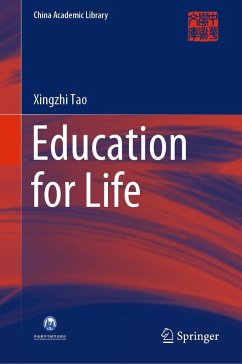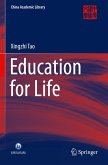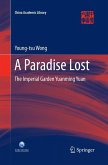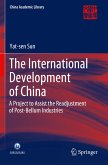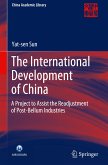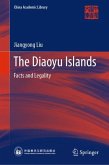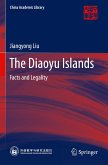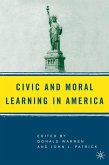This book is an anthology of English writing on education by Tao Xingzhi, the great Chinese educator and thinker. It includes several articles that represent his educational ideas and life philosophy, such as China in Transition, Creative Education, The Little Teacher and the Literacy Movement, and Education for All. These works are not only highly readable, but also present educational philosophies that are closely related to real life, and can be used to highlight and correct the deviations of strongly utilitarian educational concepts in modern society. Further, the appendix includes stories, fables, and poems translated by Tao Xingzhi, as well as his own poems written in Chinese and translated into English. This book offers readers interested in education's new perspectives and inspiration. It also contributes to a more comprehensive and accurate understanding of Tao Xingzhi as well as his educational theories.
Bitte wählen Sie Ihr Anliegen aus.
Rechnungen
Retourenschein anfordern
Bestellstatus
Storno

